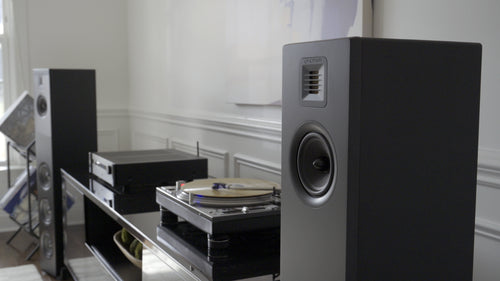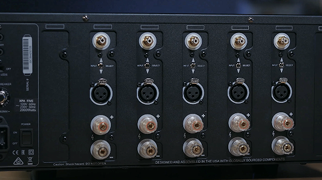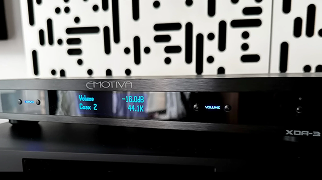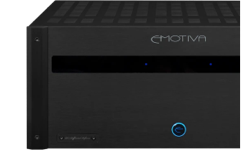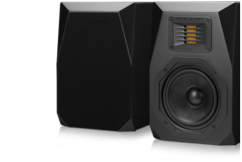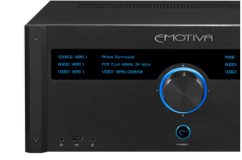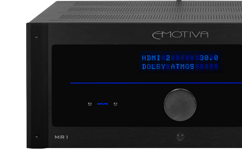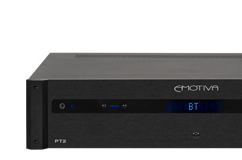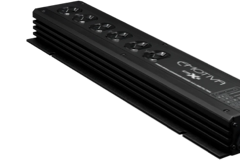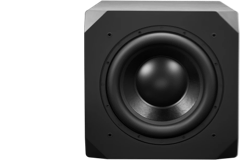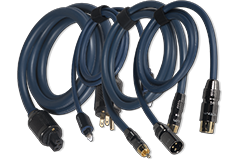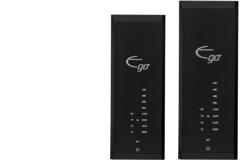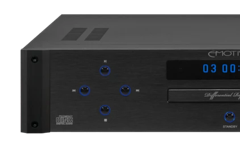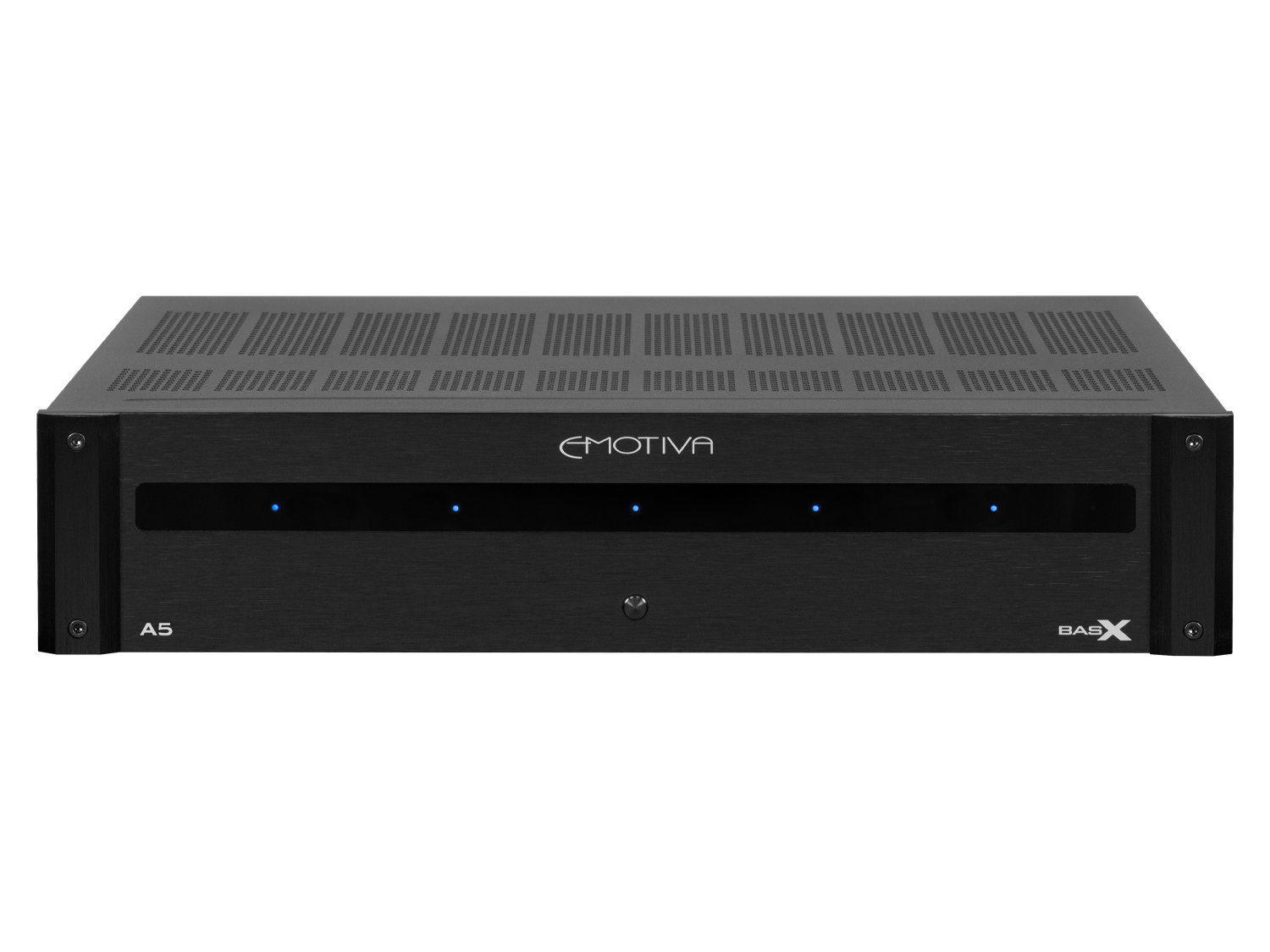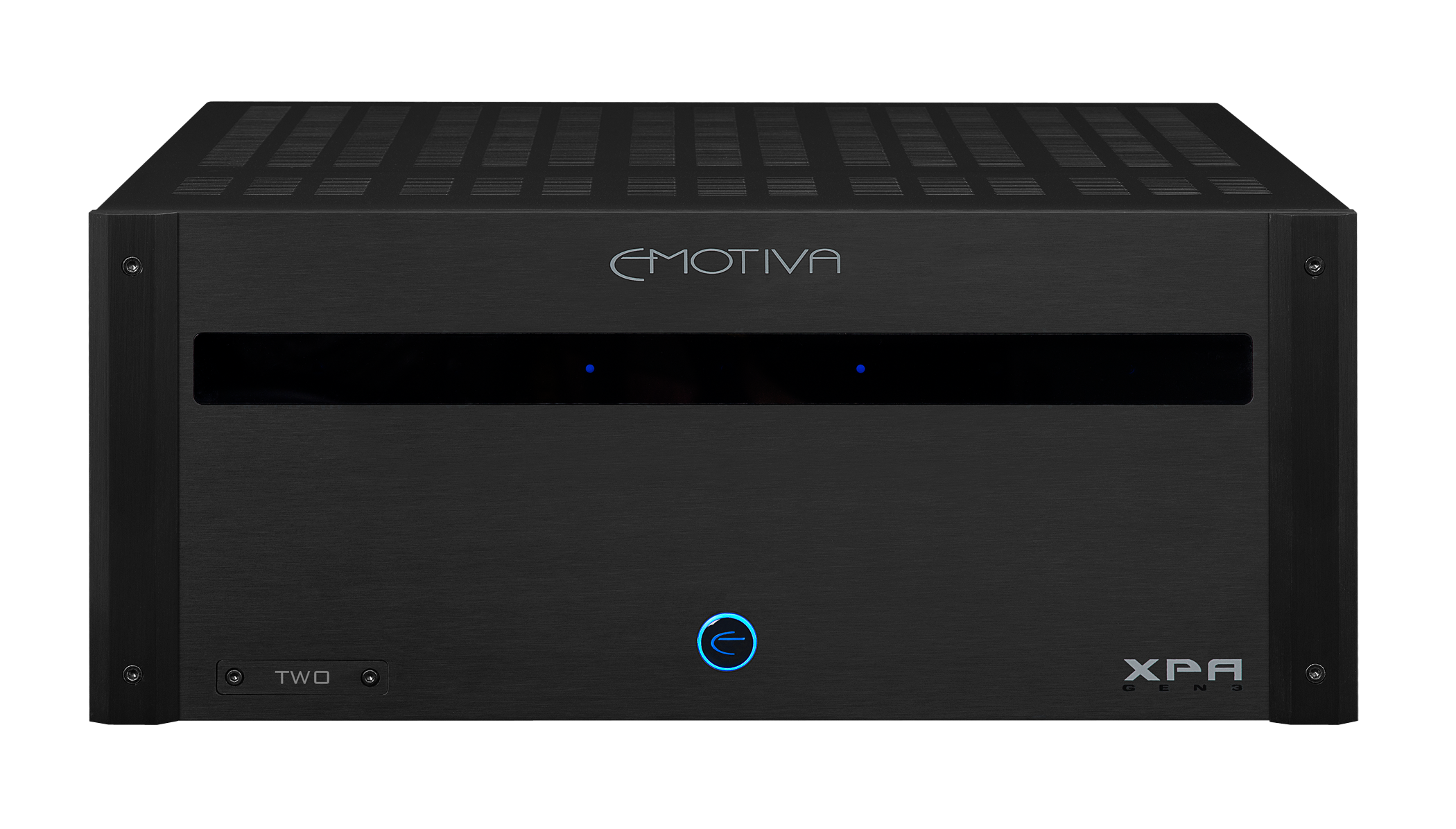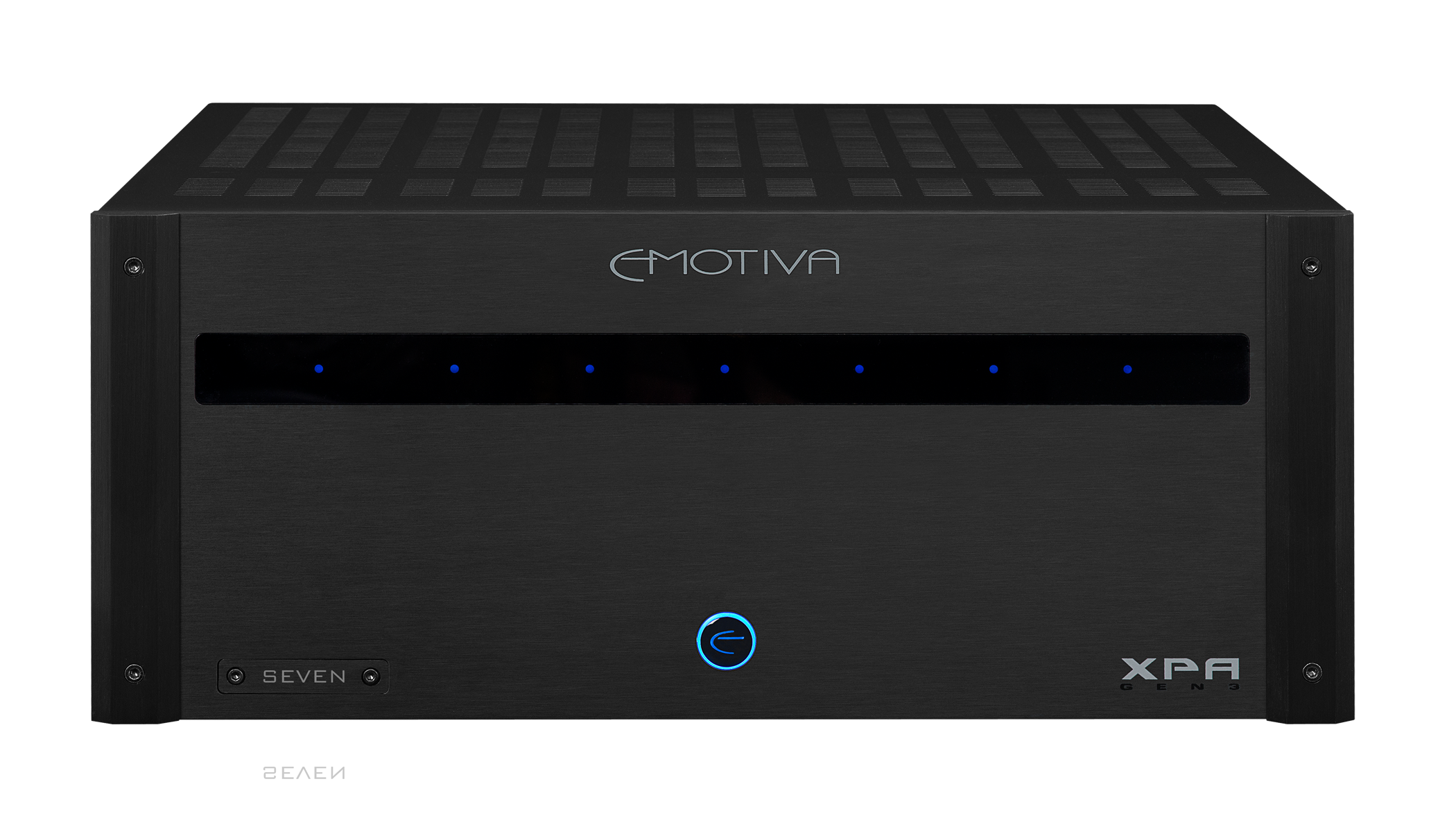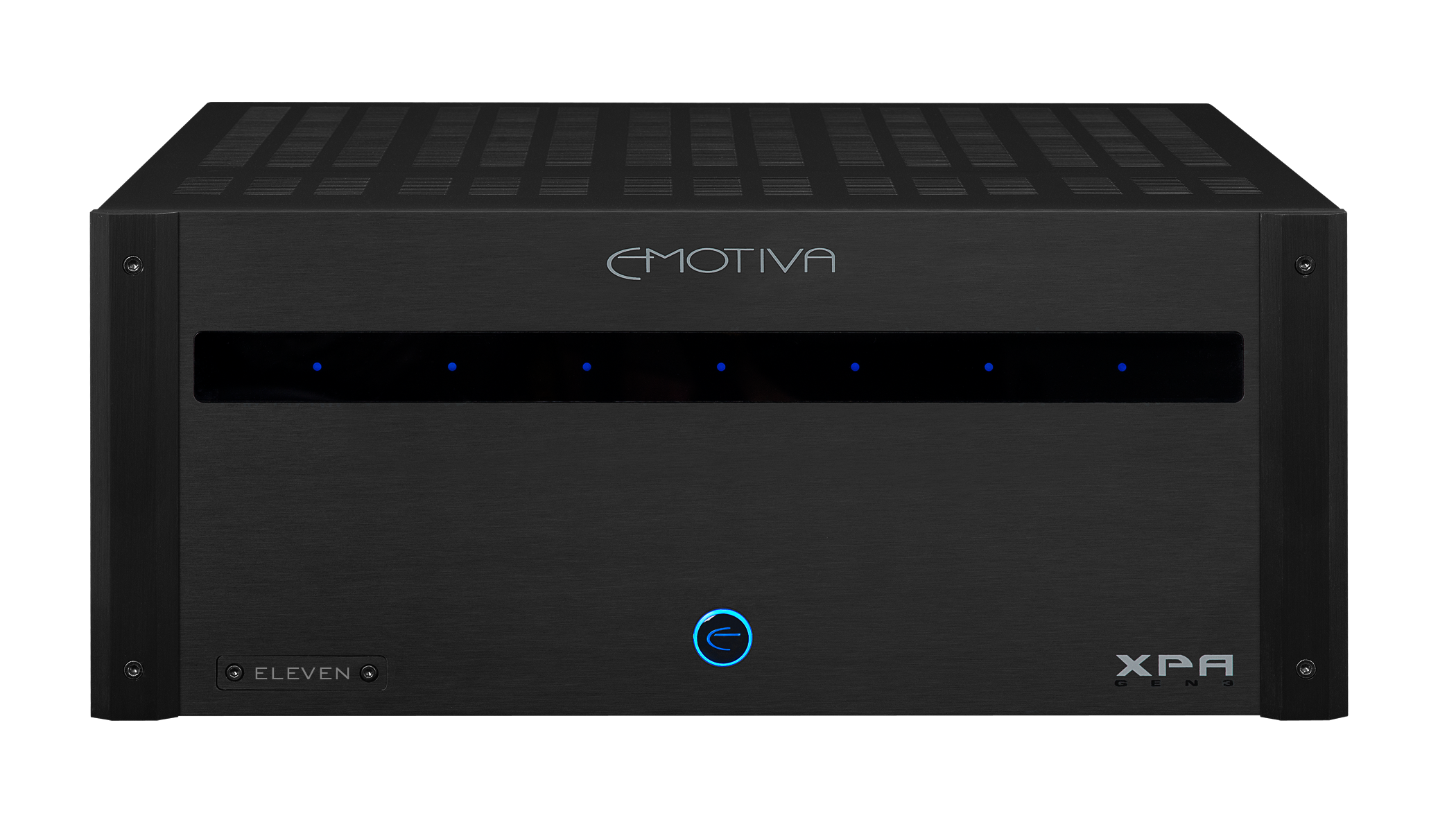How Much Power Does Your Amp Really Need? Let’s Break It Down.
If you’re setting up a home theater or upgrading your music system, you’ve probably wondered, How much power do I really need from my amp? It’s a question with a few moving parts, but don’t worry—choosing the right amplifier doesn’t have to be complicated. Whether you’re new to audio or you’ve been into it for years, we’ll walk you through it.
Let’s break down the basics to help you find the perfect match for your setup.
Why Power Matters (and When It Doesn’t)
When people think about amplifiers, they often zero in on power, or “wattage.” More power generally means louder sound, right? Not exactly, there’s more to it, which we will get into shortly.
The amount of power you actually need depends on three things:
• Your speakers (how they handle power),
• Your listening volume (how loud you like it),
• Your space (how big or small the room is).
Let’s dive into each!
Speaker Efficiency: Some Speakers Need More Juice, Some Need Less
Every speaker has something called sensitivity, which basically tells us how loud it will get for each watt of power. Some speakers get loud with only a little power (high sensitivity), while others need a bit more push to hit the same volume.
• If you have sensitive speakers (they’re rated around 92dB), you might only need about 50 watts per channel to fill a medium-sized room with sound. This is where Emotiva’s BasX A2—a two-channel amp—can be a great match.
• If your speakers are less sensitive (think in the mid-80s dB range), you might need closer to 200 watts per channel to reach the same level. In this case, something like Emotiva’s XPA-2 for stereo listening or XPA-7 for surround sound could give you the extra power and depth you’re looking for, especially in a multi-channel setup.
Matching Your Amp to Your Speakers: Keep Things Compatible
Now, here’s something worth paying attention to: matching your amplifier to your speakers. Most home speakers have what’s called an impedance rating (that’s the electrical resistance they present to the amp) of 4, 6, or 8 ohms. The good news? Emotiva amps—like the BasX and XPA series—are designed to handle all these typical ratings. So whether you’re using the BasX A5 for a theater setup or the XPA-2 for a stereo rig, you’re covered.
Why does this matter? Simple: if your amp isn’t compatible with your speakers, it might overheat or distort and damage your speakers, and no one wants that in the middle of a movie or concert. With Emotiva amps, you know you’re in the safe zone.
Listening Volume: The Need for Extra Power at Higher Volumes
Let’s be real—everyone loves to crank up the volume once in a while. But louder sound means your amp needs enough power to keep things clear and undistorted, especially during those big movie moments or your favorite part of a song.
Think of it like this: driving at 60 MPH is easy for any car, but hitting 140 MPH? That’s a different story. While a regular car might struggle, a sports car has power to spare. Your amp should be the sports car in this analogy. Extra power (we call it “headroom”) lets you enjoy loud moments without your system breaking a sweat.
This is why more watts doesn’t necessarily mean “louder.” More power gives you the ability to play at louder volumes with better dynamics without fatiguing your ears or stressing your speakers.
A model like the XPA-7 gives you plenty of headroom for larger home theaters or music setups, while the BasX A7 can offer similar power at a great price if you’re looking for a budget-friendly option with multiple channels.
Your Room: The Main Constant
Another thing to consider is your room size. Luckily that is a pretty easy thing to account for when choosing the right amplifier. The larger the room, the more power you need and the smaller the room, the less amount of power you need. If you are in a home office or modest sized bedroom, you wouldn't need as much power as you would for a large gameroom, full sized basement, or large living room. It comes down to cubic feet (remember ceiling height plays into this too!) when deciding your amplifier needs.
One Simple Rule to Follow
Here’s a handy tip: look for an amp with about twice the power of your speaker’s recommended rating. So if your speakers are rated for 100 watts, an amp around 200 watts will give you plenty of power to work with. This way, your system isn’t running on fumes and can handle those loud peaks like a pro.
Wrapping It Up
Choosing the right amplifier isn’t just about picking the highest wattage you can find. It’s about finding the right balance of power for your speakers, your space, and your listening style. Emotiva’s BasX and XPA series amps make this easy. Whether you’re looking at the BasX A2 for a simple stereo setup or the XPA-11 for a powerful home theater, there’s an Emotiva amp ready to bring your sound to life.
As always, if you have questions for us, send an email to sales@emotiva.com
Happy listening, and enjoy the journey!
Share Post


